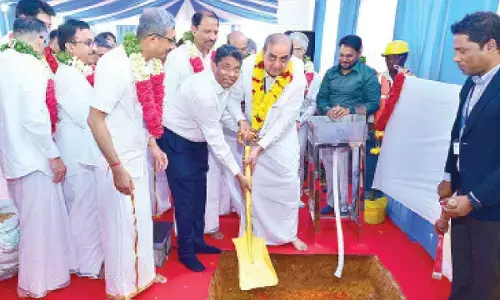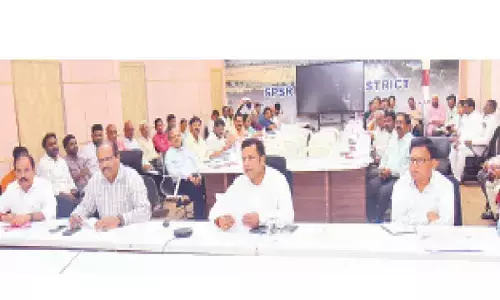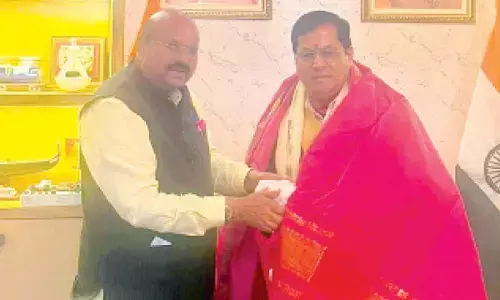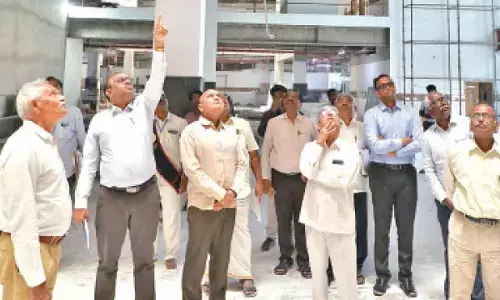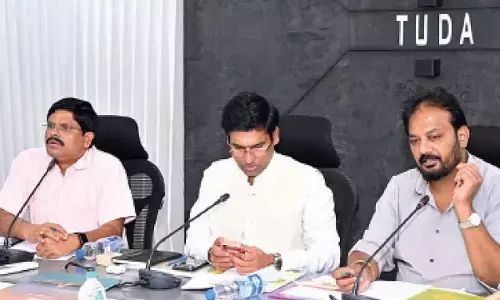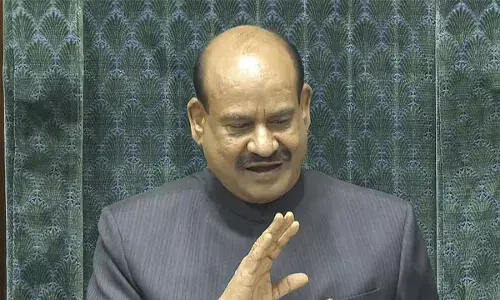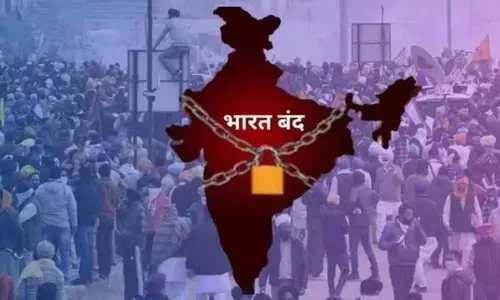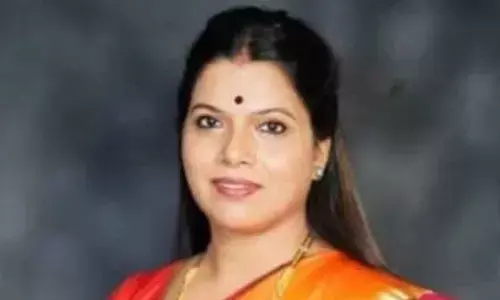Replicate MNREGS for urban poor: KTR writes to Nirmala
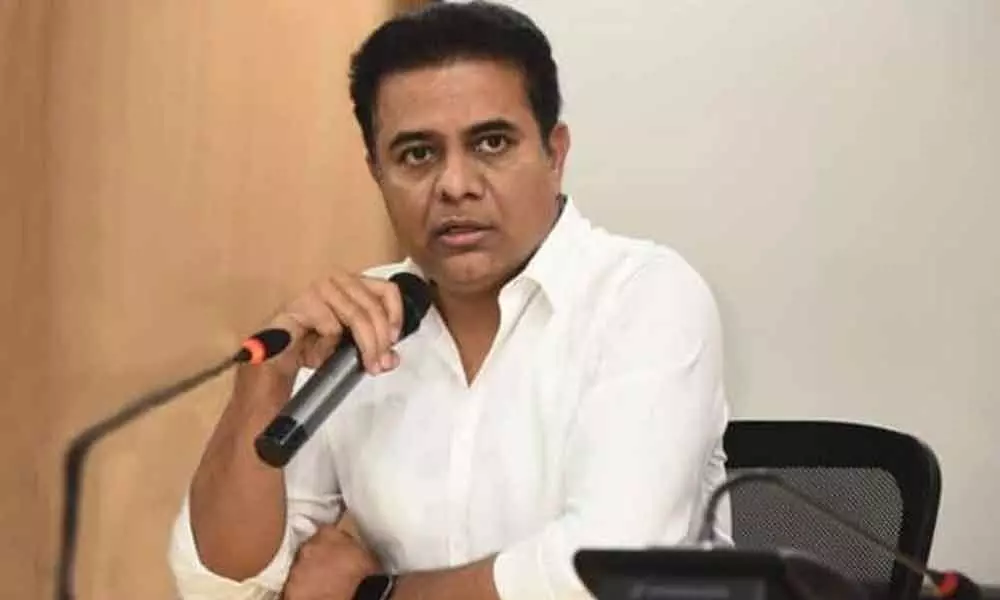
K T Rama Rao
Says urban poor, both migrant from far-off and intra-State, find the living conditions quite different and difficult in urban areas
Hyderabad: Municipal Administration Minister K T Rama Rao on Thursday requested Union Finance Minister Nirmala Sitharaman to bring MGNREGS-like scheme to benefit the urban poor and to strengthen social security measures in urban areas.
In a letter to the Union minister, KTR said that urbanisation was a global trend; India was no exception because it is mostly the result of absence of livelihood in rural areas, that results in exodus or in migration to urban areas. The unavoidable outcome is increased slums and urbanisation of poverty.
As per 2011 Census, 31 per cent of the population, or about 380 million people, live in urban areas. This is a six-fold increase from mere 62 million in 1951.This number is estimated to increase to about 600 million by 2030, by which time 40 per cent of the population would live in urban areas.
Rao said that States, like Telangana, were witnessing even faster pace of urbanisation and the urban population in these States was poised to cross 50 per cent mark in near future.
"The nature of urban poverty poses distinct challenges for housing, water, sanitation, health, education, social security, livelihoods; the special needs of vulnerable groups such as women, children and the aging. Urban poor, both migrant from far off and intra-State, find the living conditions quite different and difficult in urban areas.
The minister said the corona pandemic has brought to fore sufferings of urban poor, especially the migrant labour, who constitute a major chunk of urban poor. According to the Centre for Monitoring Indian Economy (CMIE), unemployment rate in urban India is 9.4 per cent and among the urban youth of 15-29 year age group, it has risen to 19.2 per cent and 21.1 per cent respectively in the pre-lockdown periods of October-December, 2019 and January-March 2021 respectively. "The pandemic and the resultant lockdowns have impacted the urban poor, especially the migrant labour more than any other segment in terms of loss of livelihoods," said Rao.
The majority urban poor in the country work in the unorganised (informal) sector of the economy with irregular salaries, no written job contracts, often get their jobs through job contractors and sub-contractors with no social protection. It was evident during the lockdown. Numerous reports and surveys have revealed that urban informal sector workers were the worst hit by loss of employment during the lockdown.
The minister said that it is the informal service sector, which is the biggest absorber of labour force and creation of wealth. "It is this context, we need to introspect and come up with some long lasting solutions, which could brighten the prospects of labour force engaged in the urban informal sector. Numerous studies and reports suggest this proposition," he said. KTR recalled that the Parliamentary Standing Committee on Labour, chaired by Bhartruhari Mahtab (BJD) had recommended the government should strengthen social security measures in urban areas and suggested bringing an urban employment guarantee scheme on the lines of MGNREGS and The CII has also requested the Centre to take social security measures on lines of MGNREGS in urban areas to protect urban poor who are working in the informal sector.


